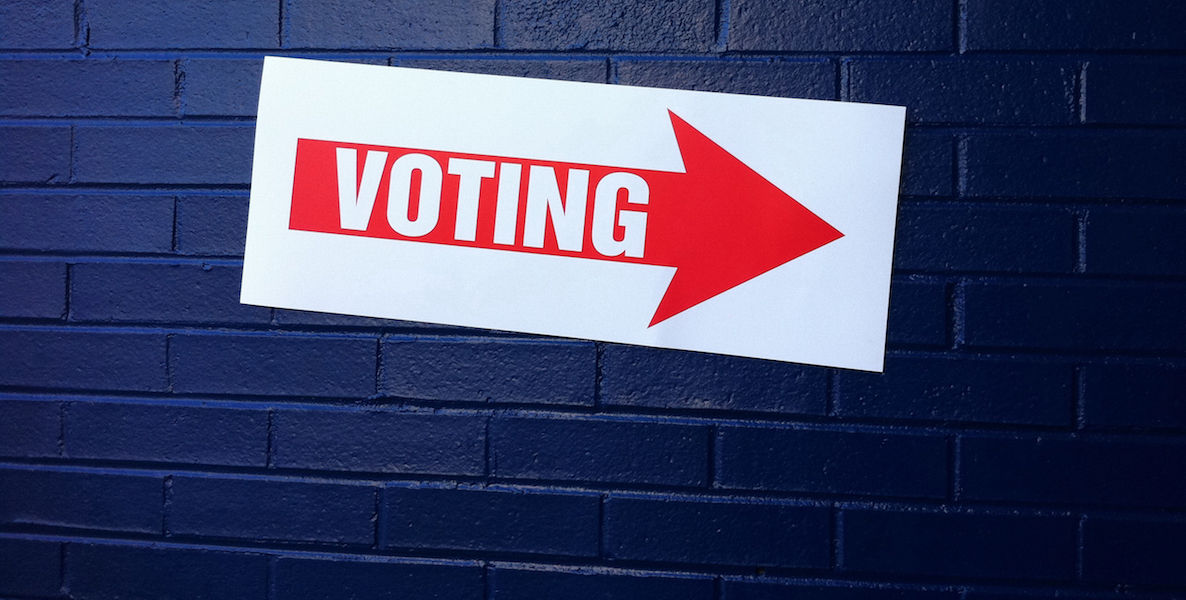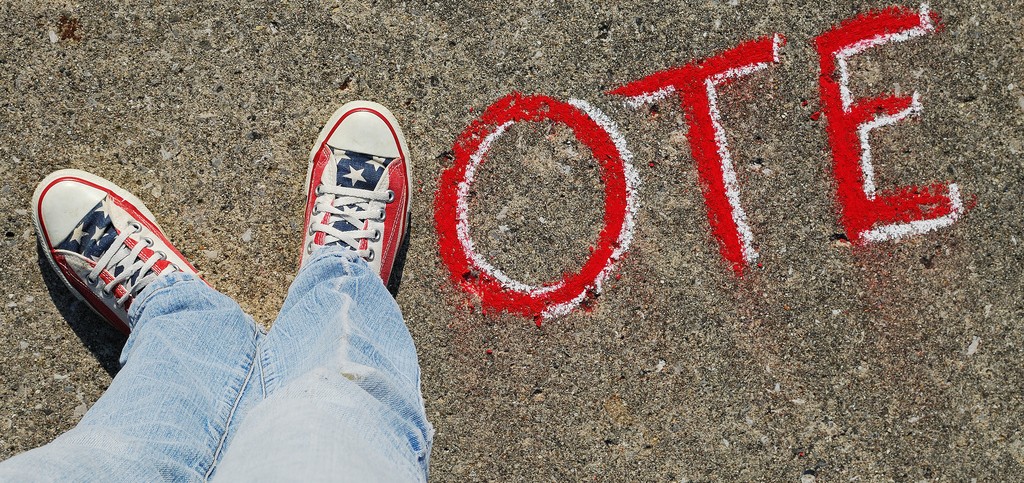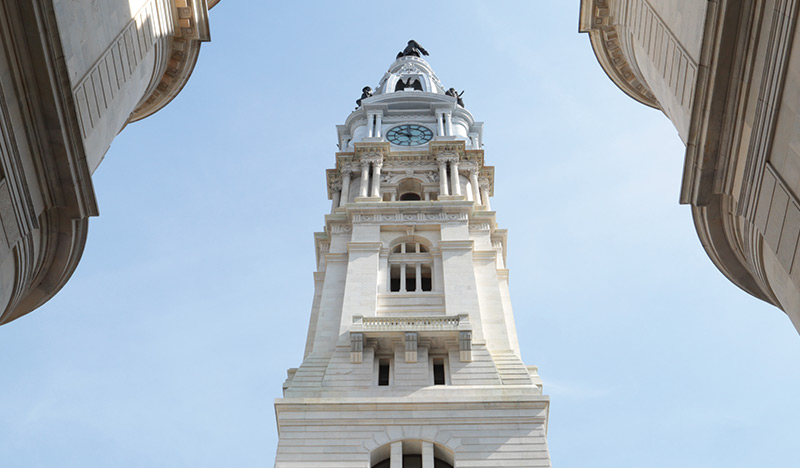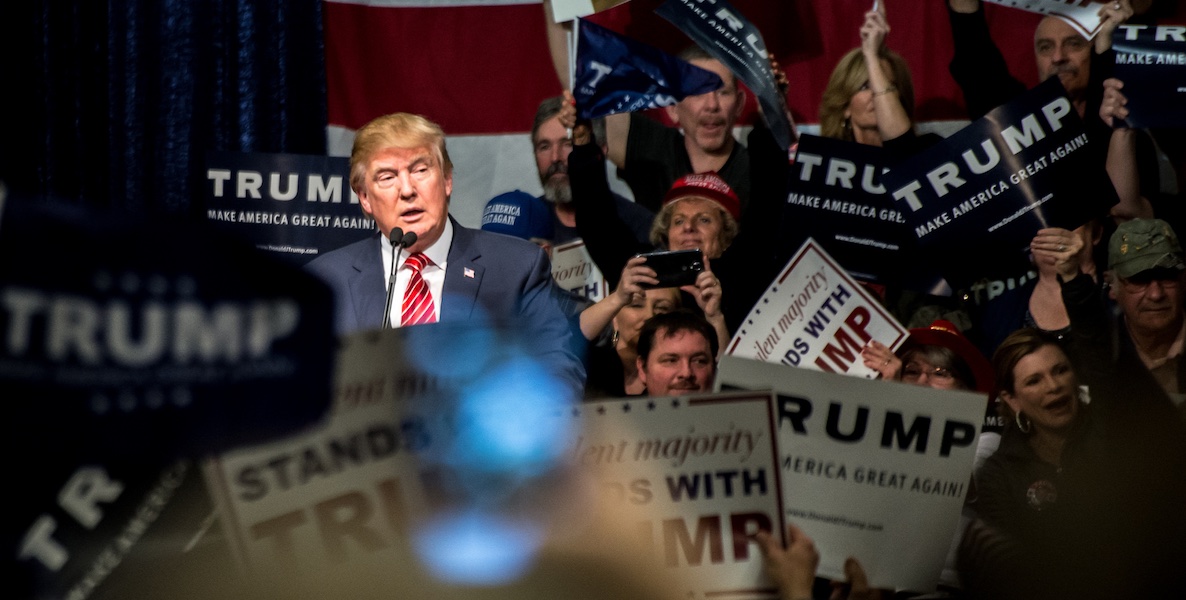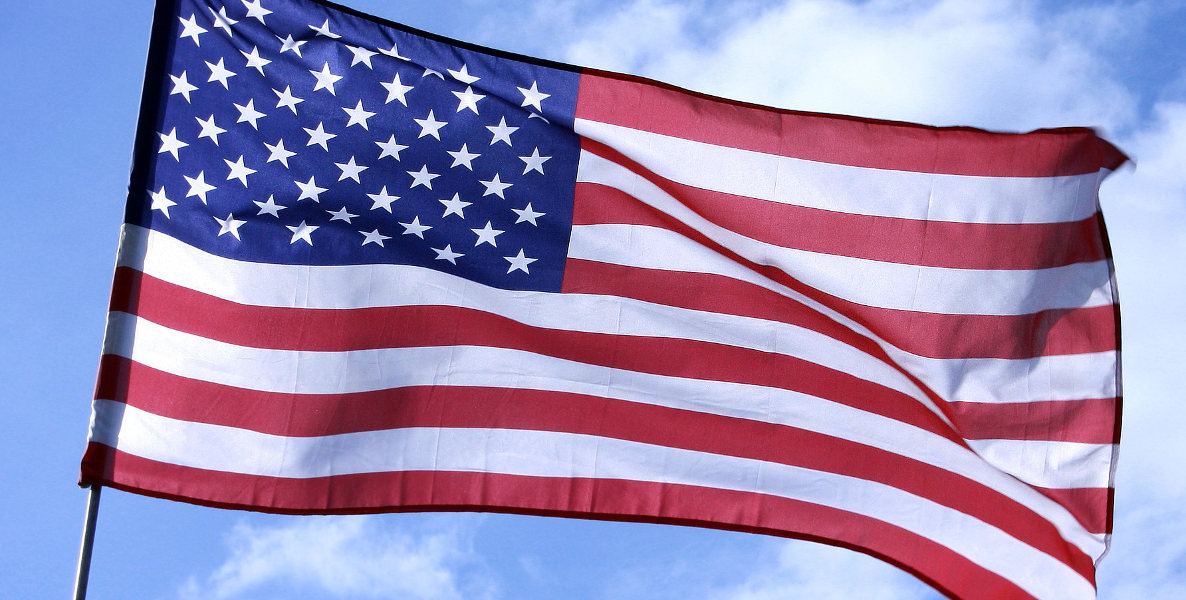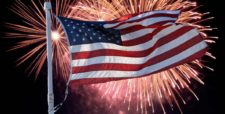In 1845, before the invention of the automobile or the building of subways or the abolition of slavery or suffragette, getting anywhere took forever. So when Congress needed to pick a day for the men of the land to cast a vote for President, they had to consider many factors. It could take two days on a horse and buggy to get from farm to county seat, where the polling place was. They didn’t want to interfere with any days of worship. And Wednesday was traditionally market day. So, Tuesday it was.
One Industrial Revolution, several population explosions and 160 years later, Tuesday it remains. We Americans love our traditions as much as the next guy, but this makes no sense in an age when voter turnout numbers are so appallingly low: 25 percent of Philadelphia voters showed up to vote for mayor in November; nationally, 57.5 percent voted for president in 2012, and a historically low 36 percent turned out to vote in 2014. That puts us last amongst our peers in voter turnout.
Half of the world’s democracies hold their elections on Sunday; many others, like South Africa, Germany, the Phillippines and India (the world’s largest democracy), make election day into an automatic holiday. Some countries with weekend voting include France (67 percent turnout); Germany (80 percent); and Thailand (82 percent). Even Puerto Rico, which does not even get a vote in the Presidential race, gives workers the day off on voting day, and routinely sees turnout at the polls above 74 percent. (It also allows for ranked choice voting, which ups participation.)
For many, many people in America, it is simply inconvenient to vote during the day on a Tuesday. Several studies have shown that anywhere from 20 percent to 70 percent of eligible voters who skipped voting did so because they were too busy, often with work or school. Polling centers, usually run by volunteers, are understaffed, so there can be long waits. In 14 states, in-person voting is required; in some, polls close at 6 pm. Plus, according to Fair Vote, a nonpartisan group advocating for better elections, 45 percent of employers do not give their workers time off to vote, and only 31 percent offer paid time off. The truth is, we don’t have a culture that encourages voting in this country, at least not anymore.
We already have some doozies for holidays in this country. States through the South have Confederate Memorial Days—and one Confederate Heroes Day, in Texas; Oklahoma has a Bird Day and a Senior Citizen Day; there are days set aside to celebrate states (Delaware, West Virginia, Colorado), battles (New Orleans, Bunker Hill) and favorite sons (Will Rogers in Oklahoma).
FairVote’s Austin Plier says making a holiday out of election day could happen at either the state or federal level. But he notes that even then, there are a lot of barriers to voting for a lot of Americans. That’s why there is a slowly growing movement for a Constitutional amendment that would make voting a right for every citizen. “Right now, we have amendments that say you can’t be discriminated against at the polls,” Plier says. “But we don’t have an affirmative right to vote. That leaves a lot of loopholes.”
The United States is one of only 11 democracies that doesn’t have a right to vote in our Constitution. With such an amendment, the federal government would be empowered—and required—to ensure that every citizen has an open path to voting. This could mean that individual state laws, like voter ID or restrictions on felons, would no longer be valid. It could also mean removing other impediments, like Tuesday voting, which keep a lot of otherwise eligible voters from making it to the polls. “This would raise the bar,” says Plier. “It puts the burden on the government to ensure that everyone has the ability to vote, and work in the spirit of that.”
FairVote and election scholars have been calling for an amendment for years, and in 2015, the Democratic National Committee officially endorsed the idea, as have several other, mostly Democrat-leaning groups. Representatives Keith Ellison and Mark Pocan have introduced legislation for the last few years in a row. This time around, they have about 40 co-sponsors, though no one really expects it to gain much traction in Congress just yet.
Moving election day, or even just making it a rare Tuesday holiday, does not require a constitutional amendment—just a desire to make it easier for people to vote. That, admittedly, is not an idea everyone supports. But you know who does? A lot of folks, including both Hillary Clinton, who along with then Sen. John Kerry introduced a (failed) bill to make Election Day a federal holiday in 2005, and Sen. Bernie Sanders, who tweeted this in July:
“Election Day should be a national holiday so that everyone has the time and opportunity to vote.”
Half of the world’s democracies hold their elections on Sunday; many others, like South Africa, Germany, the Phillippines and India, make election day into an automatic holiday. Countries with weekend voting include France (67 percent turnout); Germany (80 percent); and Thailand (82 percent).
Let’s be clear: We already have some doozies for holidays in this country. States through the South have Confederate Memorial Days—and one Confederate Heroes Day, in Texas; Oklahoma has a Bird Day and a Senior Citizen Day; there are days set aside to celebrate states (Delaware, West Virginia, Colorado), days to commemorate battles (New Orleans, Bunker Hill) and those devoted to favorite sons (Will Rogers in Oklahoma) and one to a Viking (Leif Eriksson in Minnesota). And let’s not forget nearly half the states, including Pennsylvania, that have declared a holiday for a man who has come to symbolize disease and death to Indigenous Americans.
Nationally, we take time out of our obsessive work schedules to commemorate some truly magnificent people and events that are the best of America—presidents, and independence, and veterans, and laborers, and Martin Luther King. We should do that. We should, also, throw parades and shoot off fireworks and declare a day off of work to honor that most magnificent of all American acts: Voting.


